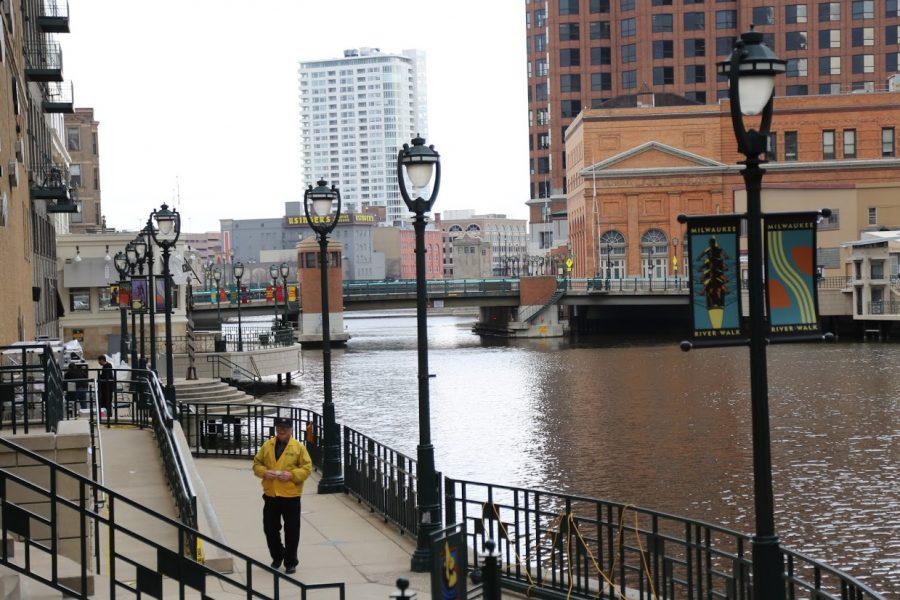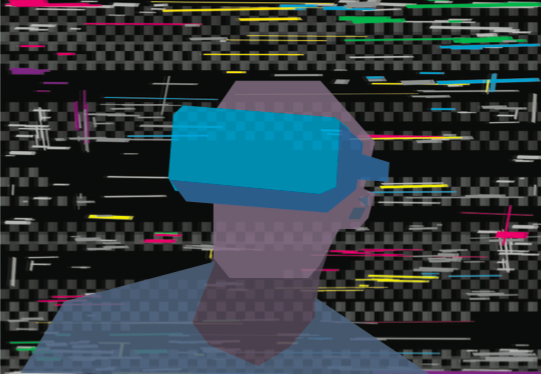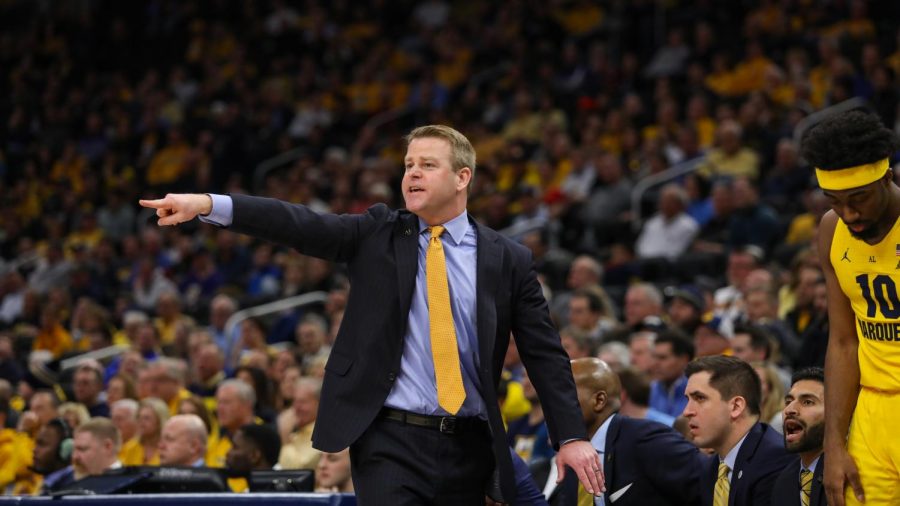As the country’s most recent reminder of an overwhelming race issue we face, our city has received national negative attention the past few weeks. Now, when Americans read: “riots,” “violence,” “deadliest,” “shooting,” “problems,” “divide,” we think: “Milwaukee.”
These words infiltrate our minds as we scroll through Facebook posts, read emails and click on headlines. These words we use on social media shape attitudes. They paint a picture of our city as a battleground and have connotations that instill fear. Indeed, attention to and conversations about the problem are necessary, but to find real solutions we have the responsibility of changing how we approach the conversation.
From the day we arrive at Marquette, we receive countless opportunities to get to know Milwaukee and open our mind to all it has to offer — the good and the bad. Our efforts to explore the city, its new places and faces, can’t stop after freshman orientation, though. This kind of experience and discovery opens our minds to the reality of life for city residents living outside our small campus area, squashing the stereotypes and fears we develop from what we read online.
Worried moms and dads on the Marquette parents Facebook page express fears about freshman students coming to Marquette from small towns and describe the city’s violence as “too close for comfort.” News outlets quote people who call our city a “war zone.”
The media is undoubtedly powerful in influencing our thoughts and actions — a Nielsen report from June shows Americans spend almost 11 hours per day consuming media — so we have to make a daily conscious decision not to let the negative words shape our attitudes.
Here at Marquette, whether or not we’re stuck on our phones and computers all day, we spend 24 hours a day actually living in Milwaukee, experiencing the city that has been under a national magnifying glass the past few weeks. Let’s not forget the advantage we have over family and friends back home, journalists in New York and even politicians in D.C., to steer the conversation our country is having with words that are instructive and helpful rather than fear-inducing.
To identify issues and formulate our own opinions, we must make the effort to explore Milwaukee beyond campus. Make use of your bus pass, explore different neighborhoods, go to shows downtown, wander through Milwaukee School of Engineering’s or UW-Milwaukee’s campuses. See for yourself what you like about our city and what you think its downfalls are – outsiders don’t get to choose how our city is defined. Whether this year is your first or last or 21st living in Milwaukee, find ways to let it influence and discover how you can impact the city positively. We cannot allow the fear that other people associate with our city to paralyze us. Marie Curie said it best: “Nothing in life is to be feared; it is only to be understood.”
Living and learning on an urban campus is an opportunity, and Marquette is located here for a reason. Attending this university gives us the chance to learn about and understand in new ways problems that plague our city and make a difference.
As students of a Jesuit school, this is essential for finding solutions. There are problems in Milwaukee, but we have the power to change the national rhetoric that surrounds them. Recognize the issues, but talk about the city in a productive way.
The college experience is about opening our minds to new people, new experiences and new ideas. Get out in the city and form your own opinion; don’t let the negativity on your screens cloud what you believe and discover to be true. We can’t ignore the issues and very real problems on our streets, but we can choose to promote positivity and change in our city.






